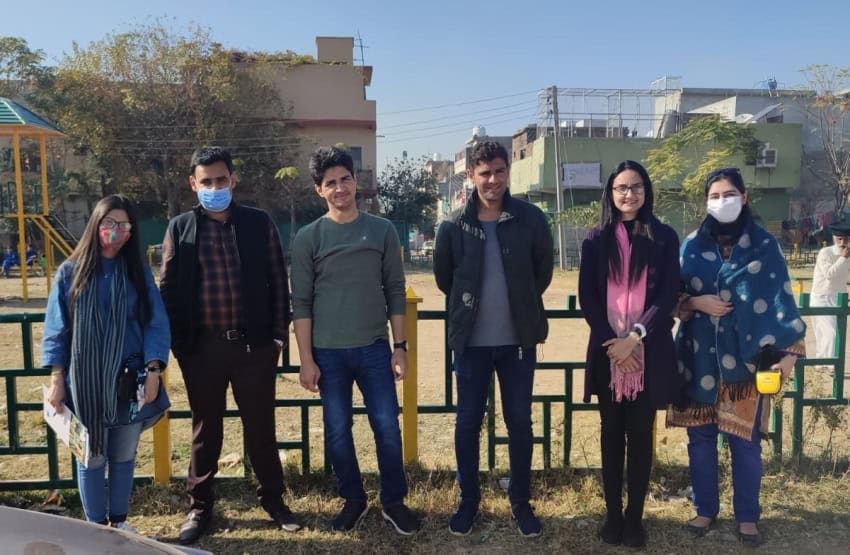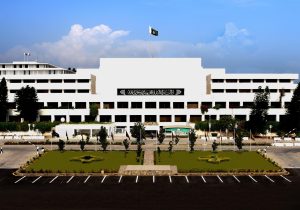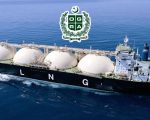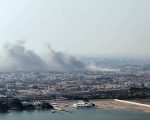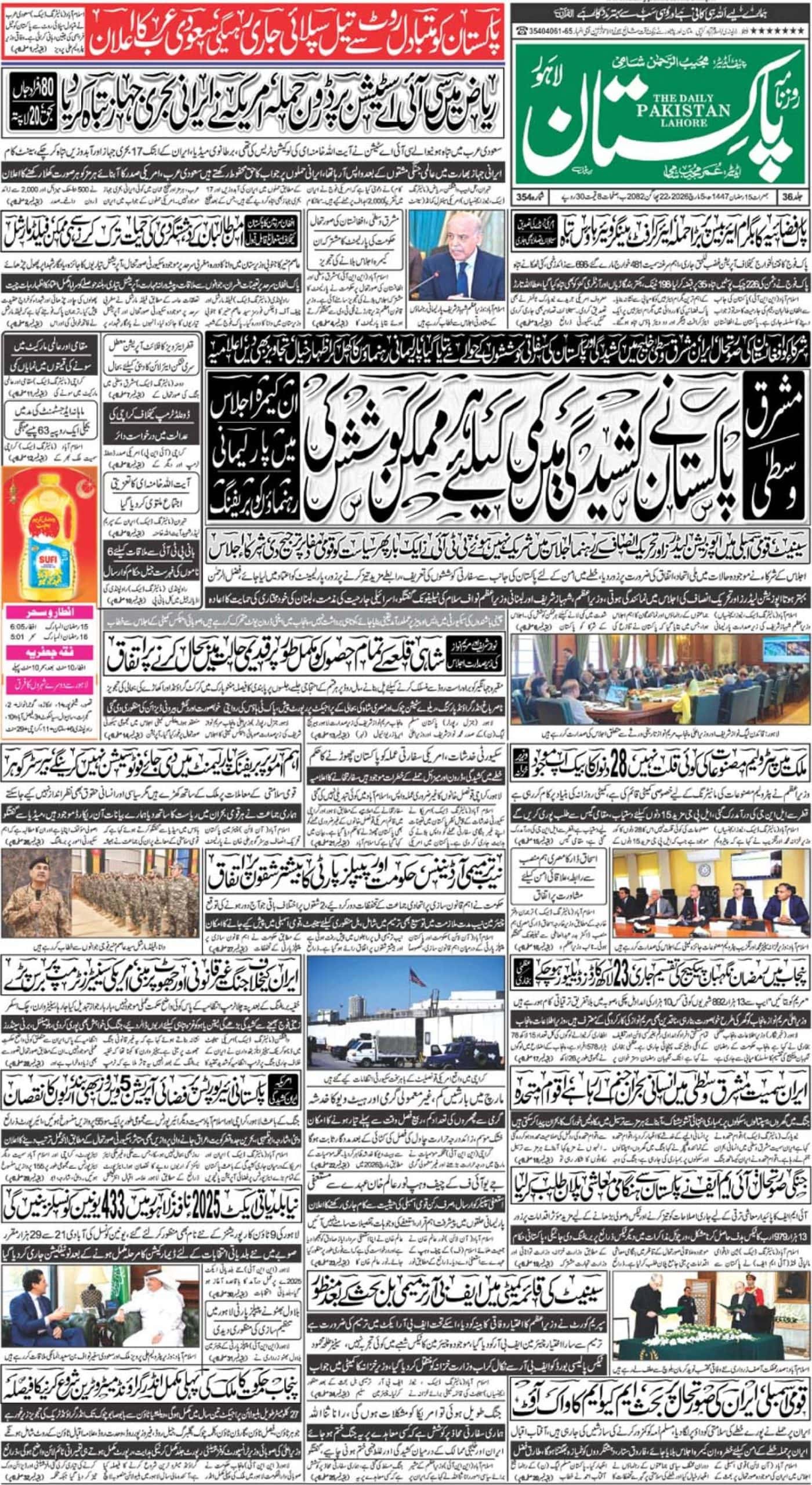Water insecurity is already imposing significant social, environmental, and economic development challenges for Pakistan. In recent years, climate-induced disasters (floods and droughts) have highlighted the urgency to introduce climate-resilient solutions for improved water governance at all levels. In 1980, Pakistan had a relatively abundant supply of water. In 2000, Pakistan had become water-stressed and by 2035, Pakistan is predicted to have become water scarce. In addition, COVID-19 has underscored the importance of strengthening the resilience of potable water supply systems. Thus, Pakistan’s increasing water scarcity and vulnerability to climate change highlight the urgent need to manage climate-related risks and to improve water use at the national and local levels. Presently, groundwater provides over 90% of drinking water supplies to all major cities, including Rawalpindi and Islamabad Capital Territory, often referred to as the “twin cities.”
Like any other city in Pakistan, the twin cities are currently facing serious water-related issues such as poor water supply, sanitation, wastewater, and hygiene. Women, children, and the elderly are the most vulnerable, especially in disadvantaged urban communities where access to safe water supplies, sanitation facilities, and associated wastewater disposal remains inadequate. For example, the present water supply of about 45 MGD (million gallons/day) is insufficient to manage the water demand of about 246 MGD for Islamabad. The situation is very challenging to provide a regular water supply to Islamabad city, having a population of about 2.6 million. In addition, the majority of households have installed a pump to extract groundwater for their domestic water consumption. To meet the future demand of rapid population growth, it is anticipated that the gap between demand and supply will increase manifold. Accordingly, the pressure on precious groundwater resources will increase, which is already scarce. For example, the groundwater depletion in Rawalpindi is 2.5 m per year. Ensuring long-term potable water supplies is also a serious matter of concern in cities. There is a need to develop climate-resilient solutions to improve water security in these cities. Therefore, human population pressure, over-abstraction and climate change have highly depleted groundwater resources, requiring an out-of-the-box solution to replenish or even sustain groundwater use.
To tackle these complex surface and groundwater management challenges and improve water governance, WWF-Pakistan and IWMI are working in a partnership with the communities, civil societies, and local governments to develop climate-resilient water management solutions leading to measurable improvements towards sustainable water use in the twin cities under the Australia-Pakistan Water Security Initiative (APWASI) funded by the Australian Government in 2021. We have been working to adopt Australia’s system-level water management approach i.e., ‘Water Sensitive Cities (WSC)’, at two disadvantaged urban communities, one in each of the twin cities, to demonstrate the WSCs approach. The team is working with the communities to achieve the project vision of improving water security, livability, and climate resilience in Islamabad and Rawalpindi.
Under the APWASI project, we are working with the communities in exploring scientific solutions through the adoption of nature-based solutions (promoting rainwater harvesting and artificial groundwater recharge) to deal with the disastrous situations in the twin cities. Nature-based solutions for water (NBSW) are being promoted globally, in some instances, replace traditionally engineered (grey) infrastructure. The NBSW is not widely adopted in Pakistan, and it has the potential to deal with climate shocks faced by vulnerable people living in disadvantaged communities. For example, Islamabad’s average annual long-term precipitation (1990-2020) is about 1400 mm. Recent IWMI and PCRWR’s scientific study reported a huge potential for harvesting the rainfall to deal with the groundwater depletion issues and shortfall in the domestic water needs in the twin cities.
Lastly, the team has jointly conducted socio-economic surveys of the communities to understand their water and sanitation problems and take them on board to develop locally sustainable water solutions owned by the communities. The team has also collected biophysical data of all water and wastewater infrastructure to conduct in-depth modeling to propose low-cost NBSW for the study areas in the twin cities. The team is creating scientific evidence-based information and data on water use & quality, distribution, leakage, and sanitation to improve urban planning and the associated policy and decision-making processes. The team will be working with the communities and government of Pakistan to improve the governance of urban water systems in two Pakistani cities, enhance community resilience to climate change and other water-related shocks by 2025.
The author is a Country Representative for International Water Management Institute (IWMI) in Pakistan. He can be contacted at @drmohsinhafeez. The views and opinions expressed here are those of the author and not those of IWMI or its funders.

